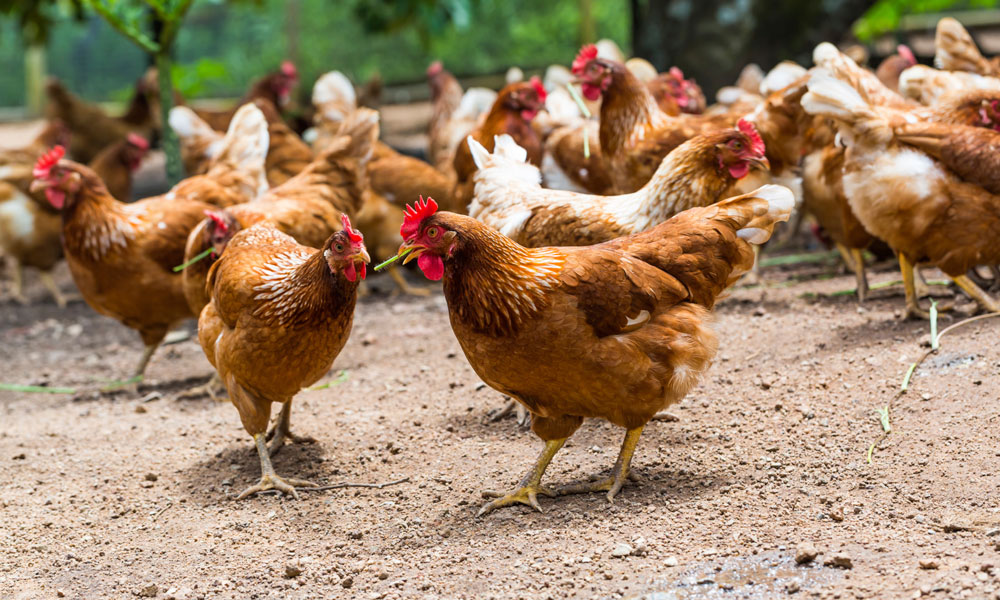
Canadian Egg Farmers Slow and Steady With Cage-Free Shift
Egg Farmers of Canada is taking steps toward converting the industry to cage-free and other types of alternative housing for egg-laying hens, committing to full conversion by 2036. It calls the 20-year plan a "realistic forecast," but reaction has been mixed.
When it comes to a major change in the way its industry works, the Egg Farmers of Canada wants to be careful not to break any shells.
EFC announced last week that Canadian egg farmers would gradually reduce the use of conventional battery cages for holding hens over the next two decades—a slow, measured process that it anticipates most farmers will likely have completed long before the 2036 deadline.
“Because the market, affordability for consumers, pullet rearing, and other supply chain aspects, resource implications, and a number of construction and equipment realities all must be factored in, these projections represent a realistic forecast of what is achievable,” EFC stated in a press release [PDF].
About 90 percent of egg farmers in Canada currently use “conventional housing,” according to EFC. The plan calls for the battery cages—with a floor area about the size of a sheet of notebook paper—to be replaced with a cage-free setup. The industry pledges that it will not install any new cages, and it estimates that half of farmers will convert to alternative forms of egg production within eight years and 85 percent within 15 years.
“In response to the best available scientific research and in light of changing consumer preferences, I’m pleased that the entire industry has agreed to an orderly transition plan that will further diversify our production practices,” said Peter Clarke, the group’s chairman, in the news release.
The move came about after a number of major restaurant chains, including McDonald’s, Tim Horton’s, Burger King, and Subway, pledged to shift to cage-free eggs within the next decade.
Long Delay Raises Questions
Animal welfare groups welcomed the plan to phase out battery cages but found the long delay in implementation troubling.
“While it’s commendable that Egg Farmers of Canada has finally acknowledged that packing animals into cruel cages is both unnecessary and socially unacceptable, its suggested deadline for going cage-free is simply outrageous,” Mercy for Animals President Nathan Runkle said in a statement. “Cramming animals into cages so small they cannot walk or spread their wings is horrific animal cruelty that should be ended with the utmost speed and urgency.”
Meanwhile, Humane Society International Campaign Manager Sayara Thurston suggested that market forces will speed things up.
“This announcement is a huge shift, and we’re confident the market will make it happen before 2036,” Thurston told Reuters.
The Toronto Star‘s editorial board called the move “too little, too late,” adding that “Canada’s egg farmers must have seen this coming since at least 1999.”
(iStock/Thinkstock)






Comments